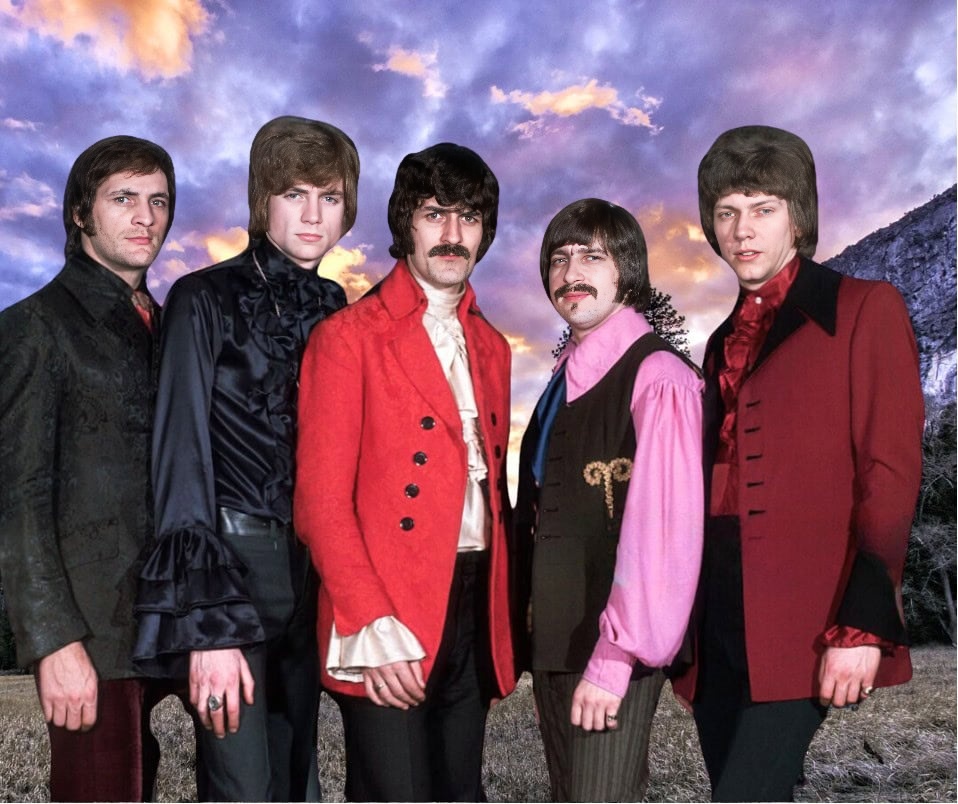
“Nights in White Satin” is arguably the signature song of The Moody Blues, a British rock band formed in Birmingham in 1964. Initially conceived as an R&B group, they evolved into pioneers of art rock and progressive rock, blending classical music elements with psychedelic influences. The band’s core lineup, featuring Justin Hayward, John Lodge, Ray Thomas, Graeme Edge, and Mike Pinder, is responsible for their most enduring success. While never winning major industry awards like Grammys during their initial run, their impact is measured in album sales and chart positions. Their 1967 album, *Days of Future Passed*, featuring “Nights in White Satin,” is considered a landmark achievement and propelled them to international stardom.
“Nights in White Satin” itself, written by Justin Hayward, is a deeply emotional and somewhat ambiguous song that explores themes of longing, love, and distance. The “white satin” is often interpreted as representing purity, dreams, or even a lost love. The song’s lyrics paint a picture of emotional turmoil and yearning for connection, expressing feelings of both hope and despair. The spoken word poem included in some versions, written and recited by drummer Graeme Edge, adds a further layer of introspection and philosophical reflection.
The song initially didn’t achieve immediate success upon its release in 1967, but it steadily gained popularity through airplay and eventually charted highly in both the UK and the US years later. Its enduring appeal lies in its haunting melody, evocative lyrics, and the sense of universal human emotion it conveys. Audiences have consistently responded to the song’s romanticism and introspective nature. Many listeners connect with the themes of unrequited love, longing, and the search for meaning, making it a timeless classic that continues to resonate with generations. The combination of orchestral arrangements and rock instrumentation created a unique and influential sound that helped define the progressive rock genre.